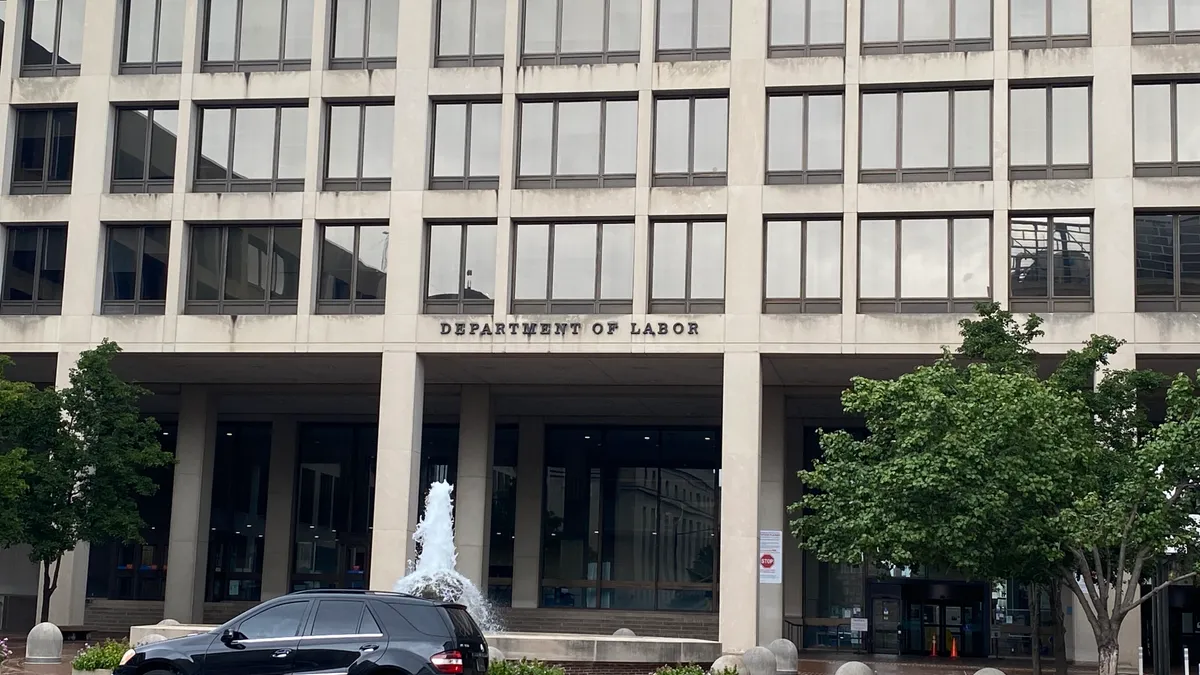Dive Brief:
- HR leaders are sleep-deprived yet "relatively unstressed," according to highlights from the Talent Strategy Group's 2019 Global Human Resources Census, released Jan. 24. More respondents are concerned primarily about their people than their business.
- The census surveyed over 1,200 HR practitioners, roughly half from the U.S. and half from elsewhere in the world. Seventy percent of respondents said they were in HR to help people grow and develop, and nearly as many (67%) said they wanted to balance the needs of the organization and its employees. Only half said they were in HR to help their company maximize profitability.
- The research concluded that "HR is a function at odds with itself" and said HR must decide whether it exists to serve people or the business: "Either viewpoint is valid but only one can exist in a company at any point in time." Additionally, HR leaders rated themselves low in important skillsets, including "knowing our business deeply and thoroughly" and "influencing others."
Dive Insight:
The Census findings underscore what most HR professionals already know: The profession can be a difficult one that involves competing and sometimes contradictory priorities.
The Hackett Group's annual Key Issues Study concluded that HR's top goal for 2020 is helping drive organizational growth and performance, along with leading digital transformation. HR, however, is struggling with feeling "overcommitted" under rising expectations. Talent management and development are top HR priorities but also "critical development areas," the research found, which means improvements may be necessary.
Given the skills gap, talent is at the heart of a number of organizational challenges for the year ahead. A recent Gartner study found a third of HR professionals struggle with developing future leaders for their organizations. With the level of turnover — both voluntary and involuntary — that businesses are seeing across organizations, including at the executive level, HR must establish a talent pipeline that is robust enough to compensate for sudden losses.
This may include allowing lateral moves and letting employees explore skill preferences outside their main job. Fortunately, CEOs are highly concerned about attracting and retaining good talent, according to a study by The Conference Board. This means HR professionals have a better chance of getting the support and resources they need from the top down to help build a strong, resilient base of talent.













